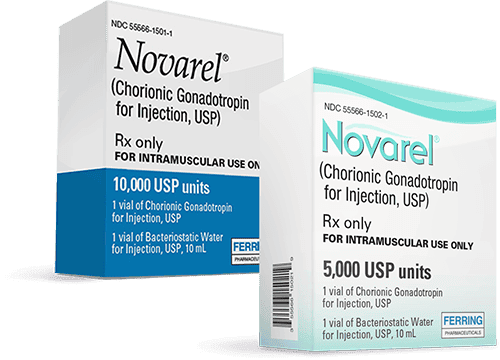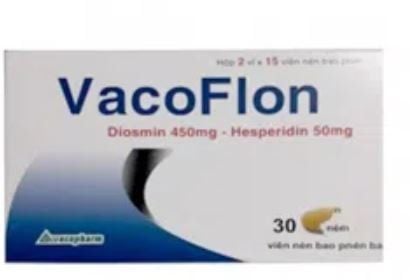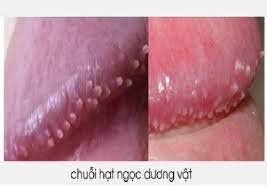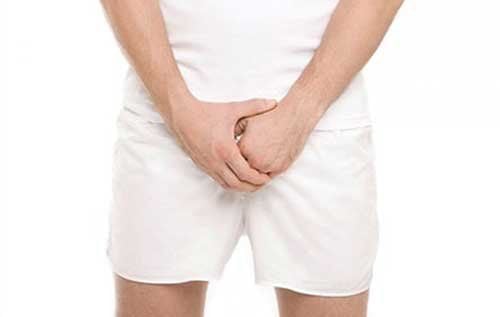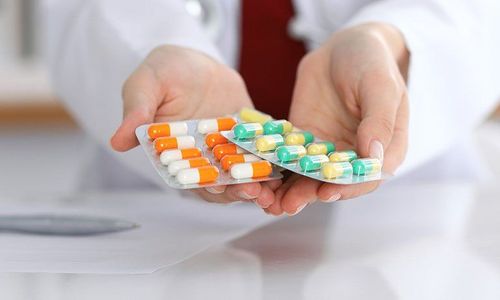This is an automatically translated article.
The article is expertly consulted by Master, Doctor Le Phuc Lien - Urologist - Department of General Surgery - Vinmec Central Park International General Hospital. The doctor has more than 12 years of experience in the field of urology and specialized urology.Varicose veins are abnormally enlarged veins in the testicles. This is a common condition in teenage boys. Surgery to treat varicose veins is mainly surgical interventions, medical treatment almost does not bring results.
1. Varicose veins
1.1 What is varicocele? Varicose veins or varicocele are when the veins in the testicles are abnormally enlarged. It is relatively common in boys, especially during puberty, and can affect reproductive function into adulthood.Varicose veins are divided into 4 grades
Grade 0: No symptoms, not observed, detected by ultrasound. Grade 1: Symptomatic on exertion. Grade 2: Can be palpable but not visible. Grade 3: Visible with the naked eye. Varicose veins can occur in 14-20% of adolescents - the rate is similar to that of adults. It should be noted that of these, about 20% have problems with fertility. Because this is the time when there is a strong development in both the body and the genital organs of the child. The testicles grow rapidly, increasing blood flow to the testicles, and the high pressure causes the blood vessels to become tight and dilated. The increased blood vessel size to accommodate the stagnant blood creates an opportunity for the backflow of blood from the central vein back into the seminal venous system.
Normally, thanks to complex heat exchange mechanisms, blood flow to the testicles is maintained at a temperature of 33 degrees Celsius. Varicose veins disturb this mechanism and increase the temperature of the testicles, affecting the sperm production. In addition, it disrupts hormone balance and oxygen exchange in the testicles. There are 2 types of cells in testicular tissue, cells that produce sperm and cells that produce the male sex hormone testosterone. Both of these cell types are affected by varicocele. In adolescence, varicocele also affects testicular development. Varicose veins do not affect erection, penis size, sex drive, masculinity or puberty.
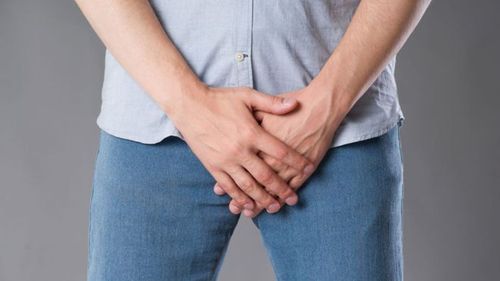
Giãn tĩnh mạch thừng tinh có thể gặp ở 14-20% thiếu niên - tỉ lệ tương đương với người lớn
1.3 Signs and symptoms of varicocele Usually, varicocele has no obvious symptoms and goes unnoticed until it is discovered incidentally by a doctor during a testicular examination. Some telltale signs of a child with varicocele include:
The area above the testicle appears a mass of zigzag and zigzag tufts that are clearly visible when the child stands, and decrease when lying down. The child has a feeling of heaviness in the scrotum after strenuous activity or hot weather, which increases to a dull ache in the affected testicle. During puberty, testicular volume can increase from 2ml to 16ml. Testicles are defined as small when the volume difference between the two testicles is 2ml or more. This volume is most accurately measured by testicular ultrasound. In adults, varicocele is indicated for surgery when the semen analysis is abnormal or the patient has fertility problems. In addition, surgery may also be indicated when the varicocele is very large or the symptoms cause discomfort to the patient. The size of the varicocele is also a prognostic factor for sperm quality and testicular development.
2. Prevention and treatment of varicocele
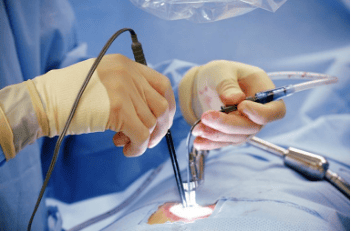
Điều trị giãn tĩnh mạch tinh ở tuổi thiếu niên chủ yếu là can thiệp ngoại khoa
Laparoscopic surgery Extraperitoneal vasectomy Microsurgery inguinal vasectomy. Indications for surgery in the following cases:
Varicose veins cause symptoms of pain in the groin and scrotum for a long time, affecting living and working ability. Varicose veins associated with testicular atrophy. Varicose veins detected in an infertile couple. Varicose veins with semen abnormalities. These methods are all minimally invasive, and have a recurrence rate of 2-15%. Abdominal surgery may experience some complications such as hydrocele, testicular atrophy, or testicular pain, damage to abdominal organs, surgical site infection,... 1 hour and the patient can be discharged the same day.
For varicocele, medical treatment is not effective. Surgical intervention has brought positive results, increased sperm count and pregnancy rate for the couple.
In short, varicocele is when the veins in the testicles are abnormally enlarged. This is a fairly common condition in teenage boys, affecting reproductive health later in life. Treatment of varicocele in adolescents is mainly surgical intervention and brings positive results, helping patients to increase sperm count and pregnancy rate.
Advice from specialist doctor Le Phuc Lien: Patients need to be examined as soon as they have symptoms so that they can be treated and avoid affecting their reproductive function in the future.
Vinmec Hospital has a system of modern equipment and a team of experienced doctors and is a leading prestigious medical address. In particular, at Vinmec, there are modern microsurgery glasses that can help distinguish testicular arteries, minimizing complications of testicular atrophy after surgery.
Please dial HOTLINE for more information or register for an appointment HERE. Download MyVinmec app to make appointments faster and to manage your bookings easily.




